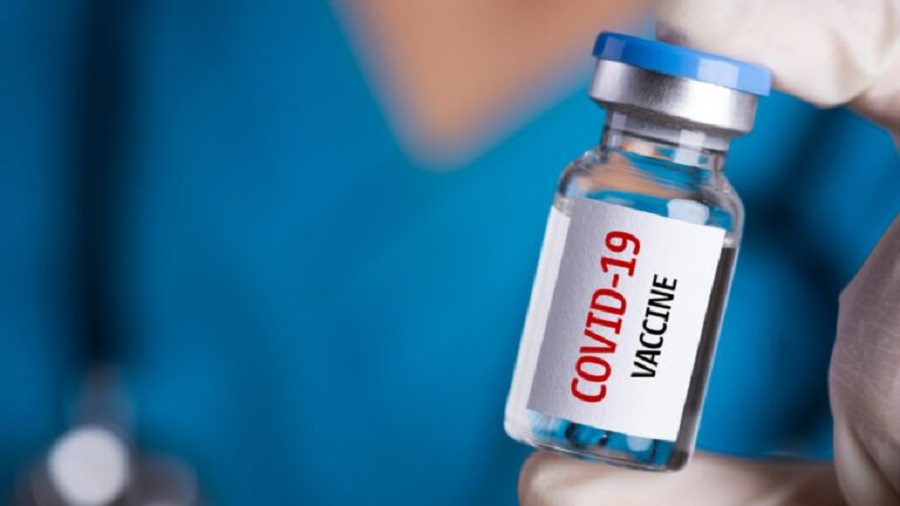The United States, On Wednesday, revealed that the country is likely to have enough safe and effective COVID-19 vaccines available to inoculate the most vulnerable Americans by the end of 2020.
The U.S. government is cautiously optimistic that one or two vaccines, likely from Pfizer Inc or Moderna Inc, will be available by the end of the year, and can begin to be distributed to Americans, officials said during a news conference.
READ: EU to buy $478 million WHO COVID-19 vaccine for low and middle income countries
This was disclosed by the US Secretary of Health and Human Services, Alex Azar, on Wednesday, October 22, 2020.
Azar said he expected that all seniors, healthcare workers, and first responders would be able to receive vaccines as soon as January, with the rest of the American public able to get vaccines by April.
Companies participating in the U.S. government’s effort to develop vaccines for COVID-19, dubbed “Operation Warp Speed”, have begun developing manufacturing capabilities even before any vaccination has been authorized by regulators.
READ: China joins WHO vaccine programme as it fills huge gap left by United States
Backstory
Nairametrics had reported that in an open letter, the Chief Executive Officer of Pfizer Inc, Albert Bourla, disclosed that it could seek emergency authorization to use the COVID-19 vaccine in the US by late November, after the US Presidential election.
The coronavirus outbreak has been worsening in recent weeks as cold weather pushes Americans indoors, raising the chance of contracting the virus. Some 38 U.S. states and two territories have reported rising case counts. More than 8 million Americans have been infected with the novel coronavirus and more than 200,000 have died.
READ: World Bank announces $12 billion COVID-19 vaccine finance plan for poor countries
What this means
This announcement rules out the assertion by US President, Donald Trump, that a COVID-19 vaccine would be ready before the Presidential election. However, this news is still a huge boost for the country, which has been one of the most hit globally from the pandemic.
















